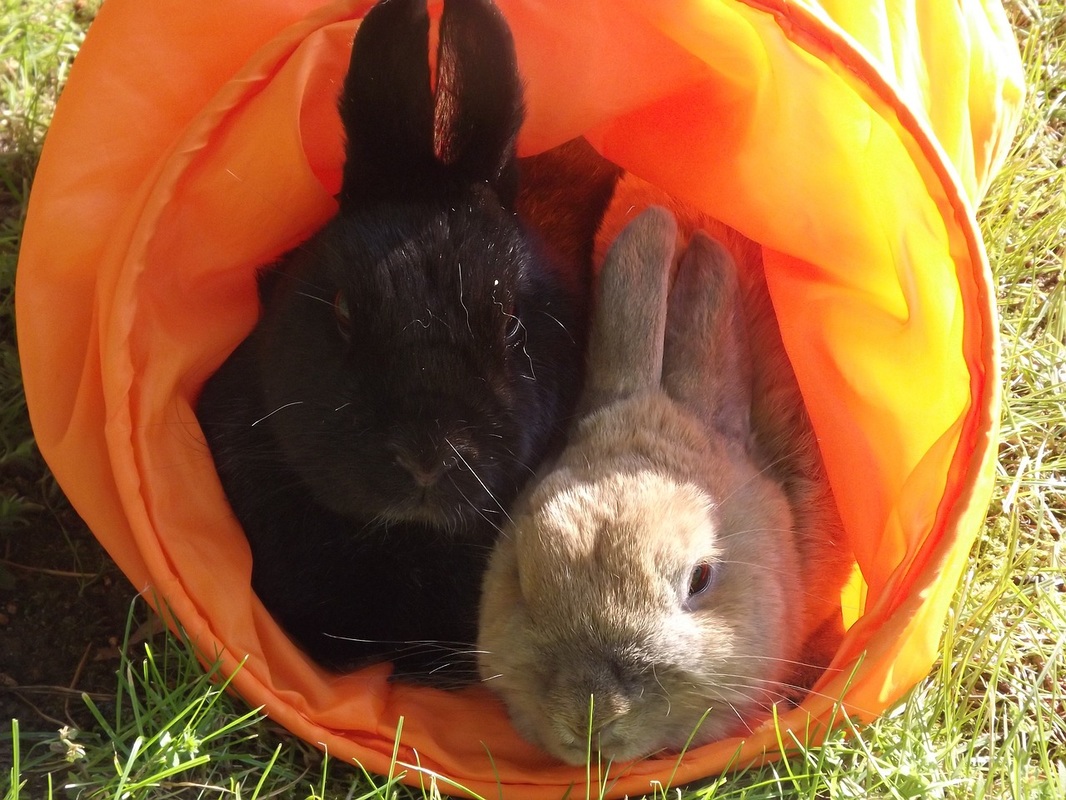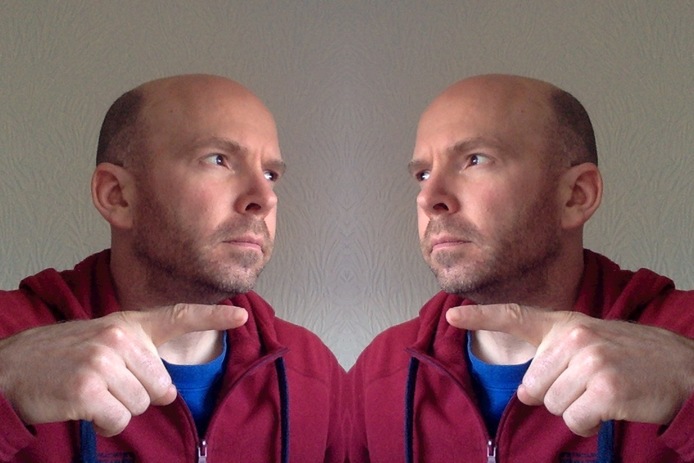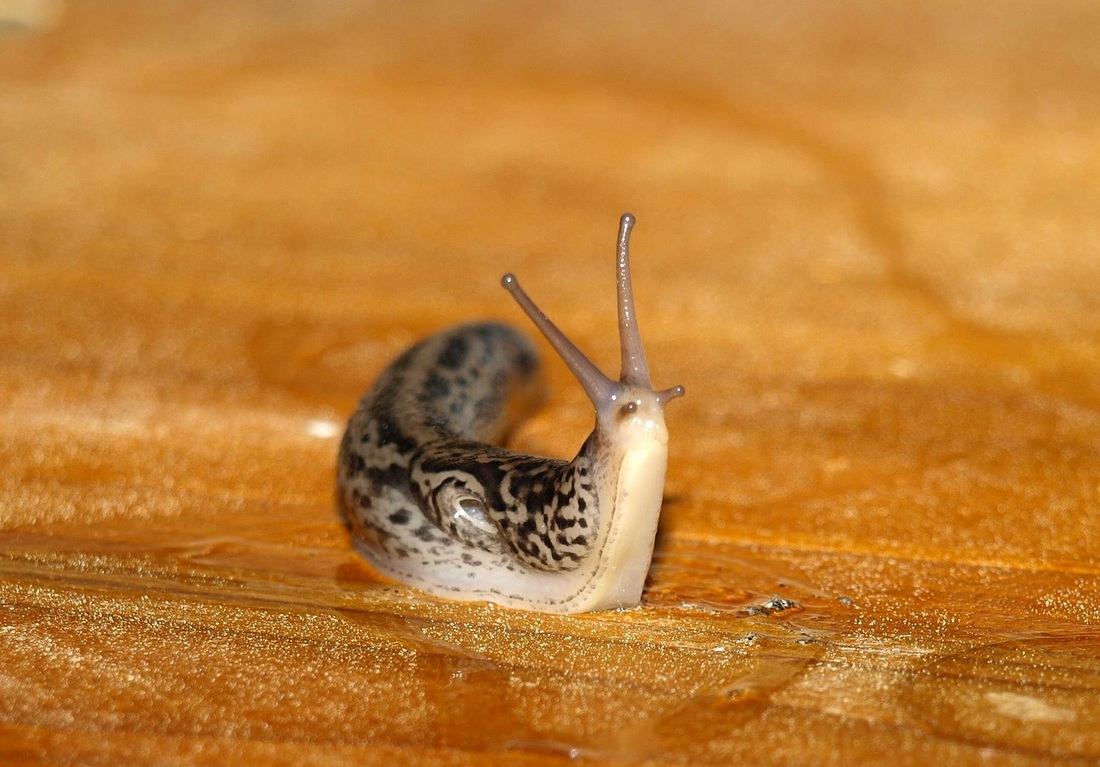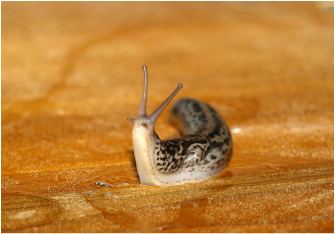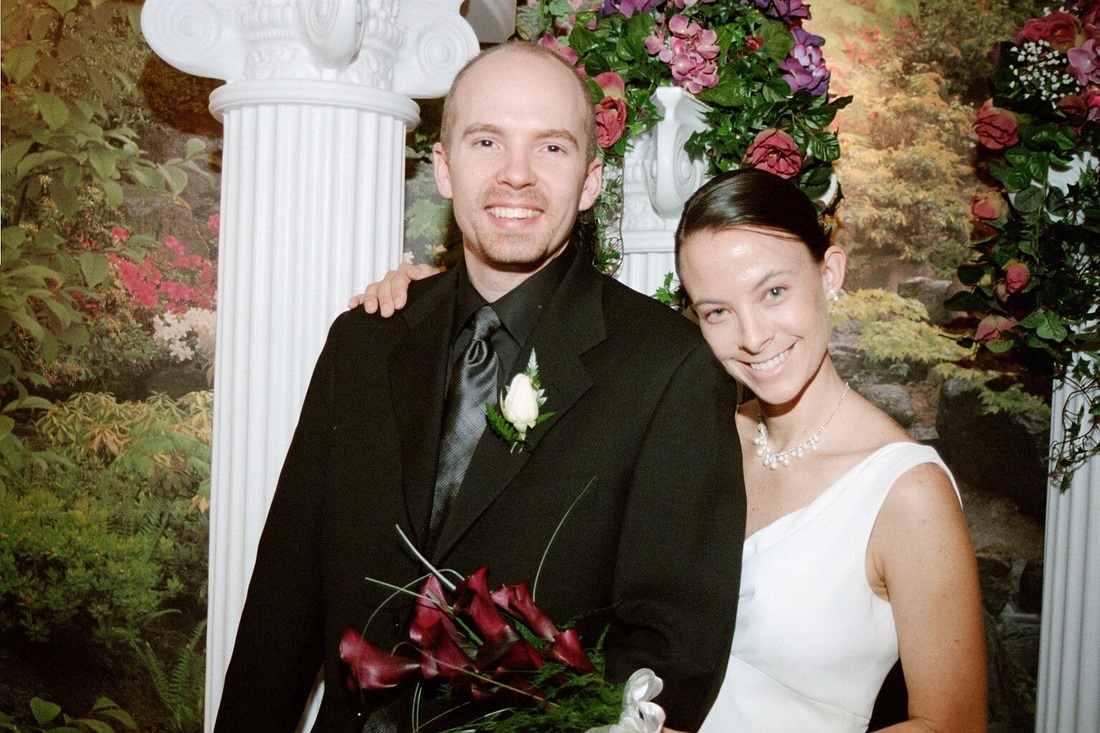---------------------------------------------------
The critics all agreed. The cinematography was breathtaking, the acting first rate, the dialogue crisp, the pacing perfect, and the original score both magnificent in its own right and used expertly in the service of the movie. But they also agreed that De Puta Madre was morally repulsive. The worldview it presented was one in which Hispanics are racially superior to other human beings, cruelty to the old is seen as necessary, and childless women are liable to be raped with impunity.
There the consensus ended. For some, the moral depravity of the film undermined what would otherwise be its strong claims to being a great work of art. For others, the medium and the message needed to be separated. The film was both a great work of cinematic art and a moral disgrace. We can admire it for its former qualities and loathe it for the latter.
The debate was more than academic, for so repugnant was the film's message that it would be banned, unless it could be argued that its artistic merits justified exemption from censorship. The director warned that a ban would be a catastrophe for free artistic expression. Was he right?
Baggini, J., The Pig That Wants to Be Eaten, 2005, p. 142.
---------------------------------------------------
How would you analyse a movie like De Puta Madre? Would you censor it? I'll be back on Friday to discuss.

